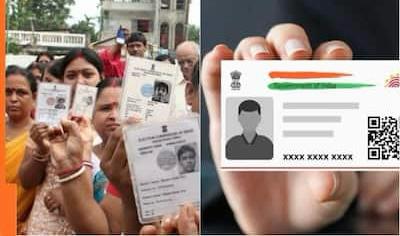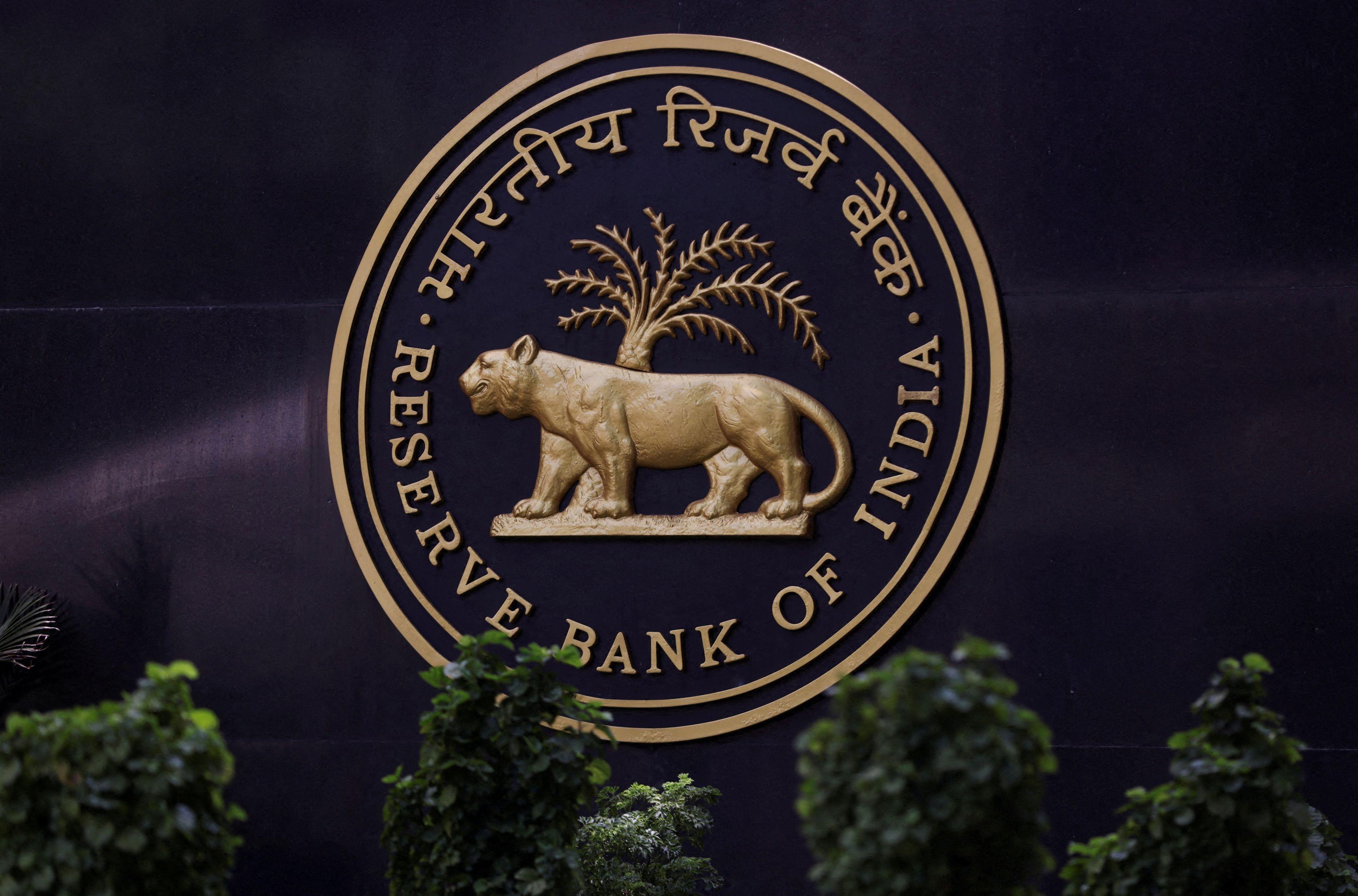 Image Source: India.com
Image Source: India.com
The Supreme Court of India has firmly clarified that the Aadhaar card is legally recognized only as a valid proof of identity and residence, but not as evidence of citizenship. This landmark pronouncement came during hearings on the highly contested Special Intensive Revision (SIR) of voter rolls in Bihar. The Bharatiya Janata Party (BJP) has welcomed the verdict, stressing adherence to constitutional procedures and underlining the need for rigorous citizenship verification ahead of elections.
Key Highlights: Judicial Validation of Aadhaar’s Legal Scope
The apex court, through a bench led by Justice Surya Kant, endorsed the Election Commission of India’s (ECI) position that Aadhaar cannot be accepted as conclusive proof of citizenship and must be independently verified using statutory documents under the Citizenship Act, 1955.
While Aadhaar facilitates availing government services and verifying residence, the Court reiterated it does not establish nationality or voting rights by itself.
The Court examined whether the ECI had legal authority to conduct the SIR exercise in Bihar, concluding if the power exists, the voter verification process is legitimate.
Context of the Special Intensive Revision (SIR)
The SIR stalled controversy around Bihar’s electoral rolls aimed at purging ineligible voters such as deceased persons, migrants, and non-citizens to uphold electoral integrity.
Petitioners raised concerns on procedural lapses, alleging potential disenfranchisement of millions of voters unable to furnish fresh documentation.
The ECI assured most voters need not submit fresh documents if their names or parental linkage were present in the 2003 electoral rolls.
The Supreme Court emphasized election processes must be lawful, transparent, and minimally exclude qualified voters.
BJP’s Standpoint and Public Reassurance
BJP leaders affirm the Supreme Court’s ruling squarely aligns with the party’s emphasis on ensuring only legitimate citizens exercise voting rights.
They advocate for lawful verification rather than simplistic acceptance of Aadhaar or any single document to prevent voter fraud and uphold electoral fairness.
BJP reiterates that safeguarding democracy demands combined efforts of judiciary, election authorities, and government to forestall misuse of identity proofs.
Legal and Constitutional Dimensions
Aadhaar’s recognition as identity but not citizenship stems from constitutional provisions, notably the Citizenship Act, 1955, which defines nationality acquisition.
The right to vote (Article 326) is contingent upon verified citizenship, requiring documents beyond Aadhaar.
The Court cited landmark judgments including K.S. Puttaswamy (2018) affirming privacy concerns and delineating Aadhaar’s limits.
The ruling safeguards representative democracy by mandating authenticity in electoral rolls.
Challenges and Way Forward
Implementing robust verification systems without disenfranchising marginalized groups remains central to ongoing policy debates.
Courts are monitoring the SIR’s impact on underprivileged populations to ensure equitable electoral access.
The Election Commission is resolving operational issues and enhancing grievance redress mechanisms.
Political parties and civil society continue calls for sensitively balancing inclusion with integrity.
Conclusion
The Supreme Court’s clarifying order on Aadhaar’s role fundamentally endorses identity verifications while underscoring citizenship’s statutory rigor. As BJP and ECI integrate this judgment into electoral practices, India’s democracy advances towards more accurate voter rolls and fairer elections. The ruling echoes the constitutional mandate: identity cannot trump rightful citizenship, ensuring the foundation of India’s electoral framework remains robust and credible.
Sources: India TV News, Economic Times, NDTV, Times of India, StudyIQ, Indian Express
Advertisement
Advertisement





